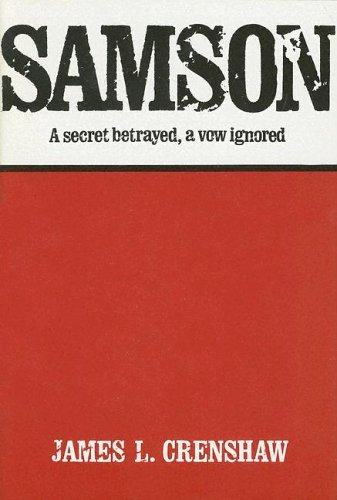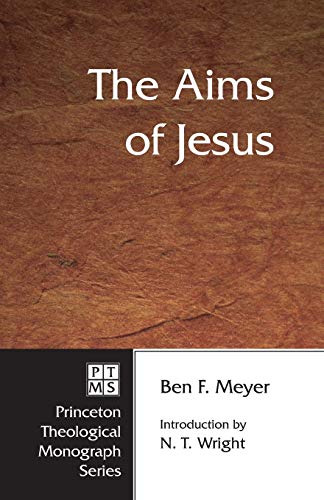The Sovereign God
Written by James Montgomery Boice Reviewed By Wayne GrudemDr Boice has here provided us with an excellent layman’s introduction to Christian doctrine. It is so readable that it would be very appropriate to give to a new Christian who is eager to develop his understanding of the Bible’s teachings. Yet it is not superficial, and even older Christians who have never made a systematic study of theology will profit immensely from it.
This volume (not to be confused with Our Sovereign God, a collection of essays edited by the same author) is the first of a projected 4-volume series. It devotes six chapters to the Word of God, six to the attributes of God, and four to creation and man. The remaining three volumes in the series will include (vol. 2) sin and the person and work of Christ (vol. 3), the Holy Spirit and the application of redemption and (vol. 4) the church and the meaning of history.
The outline for these four volumes corresponds ‘more or less to the ground covered by John Calvin in the four books of his monumental Institutes of the Christian Religion’ (p. 10). Although Boice is indebted to Calvin, he has consciously made his work more readable and more concerned with our contemporary problems than the Institutes. Boice’s Reformed theology certainly becomes one of the strong points of the volume, mainly because it is edifying, never oppressive. Time and again we find him making beautiful applications of God’s sovereignty and providence to everyday life, helping us to see these doctrines as the source of great blessing and joy.
The chapters on the Word of God are also especially helpful today. Boice is Chairman of the International Council on Biblical Inerrancy, and this section, written from a clear ‘inerrancy’ perspective, will give laymen a solid understanding of the basis and nature of Biblical authority. Chapter 10, on the Trinity, is also especially perceptive. And most readers will profit from this book’s frequent interaction with non-evangelicals such as Bultmann (in a chapter on Biblical criticism) and Sartre (in a discussion of existentialist opposition to God’s sovereignty).
My criticisms of the book are only minor ones, for Boice is a careful theologian. But Chapter 8, ‘How to Interpret the Bible,’ needs an explicit statement of the doctrine of the clarity of Scripture, cautioning laymen never to give up Bible interpretation to the ‘experts’ or abandon it because of the ‘hermeneutical sceptics’. Chapter 9, on God’s incommunicable attributes, surprisingly omits God’s omnipresence and God’s simplicity, both of which have great potential for practical application. And pages 137 and 149 seem to say that only God’s incommunicable attributes are incomprehensible. Would it not be more accurate to say that the distinction between communicable and incommunicable attributes is merely a matter of emphasis, for in one sense all of God’s attributes are communicable (God has made us somewhat independent, somewhat unchanging, etc.) and in another sense all are incommunicable (we will never be infinitely loving, infinitely wise, etc.)? And is it not better to say that God’s incomprehensibility means that although we can know God truly, we will never understand exhaustively any one thing about God (since we will never know it as it relates to everything else about God and creation)?
Regarding the nature of man, Boice says that the dichotomy-trichotomy debate ‘need not overly concern us’ (p. 196), although he himself is clearly a trichotomist: our spirit is that part of human nature which distinguishes us from animals and communes with God (pp. 196, 199). But does our soul not commune with God on the highest level (Lk. 1:46; Ps. 103:1)? In an application of trichotomy, Boice says that at regeneration God saves our spirit, in sanctification he renews our soul, and at the final resurrection he redeems our body (p. 204). Yet 2 Corinthians 7:1 and 1 Corinthians 7:34 imply a progressive sanctification of body and spirit as well. The idea that at regeneration God ‘creates a new spirit which is his own Spirit within the individual’ (p. 204) needs some modification in terms of Romans 8:16, which distinguishes our spirit from the Holy Spirit within us.
A book of this kind, it seems to me, would have even greater value if each chapter included a brief bibliography for those interested in further study of a particular area, and perhaps a topically arranged list of additional Scripture references for readers who want to see for themselves how a particular theme is treated in other contexts in the Bible.
But these are not major criticisms. This volume succeeds admirably as ‘a work that could be given to a person (particularly a new Christian) who is alert and questioning and who could profit from a comprehensive but readable overview of the Christian faith’ (pp. 9–10). In addition, I suggest that every teacher of systematic theology and every pastor read this volume as a lesson in how to bring great doctrines home to the heart.
Wayne Grudem
Wayne Grudem is research professor of theology and biblical studies at Phoenix Seminary in Phoenix, Arizona.






